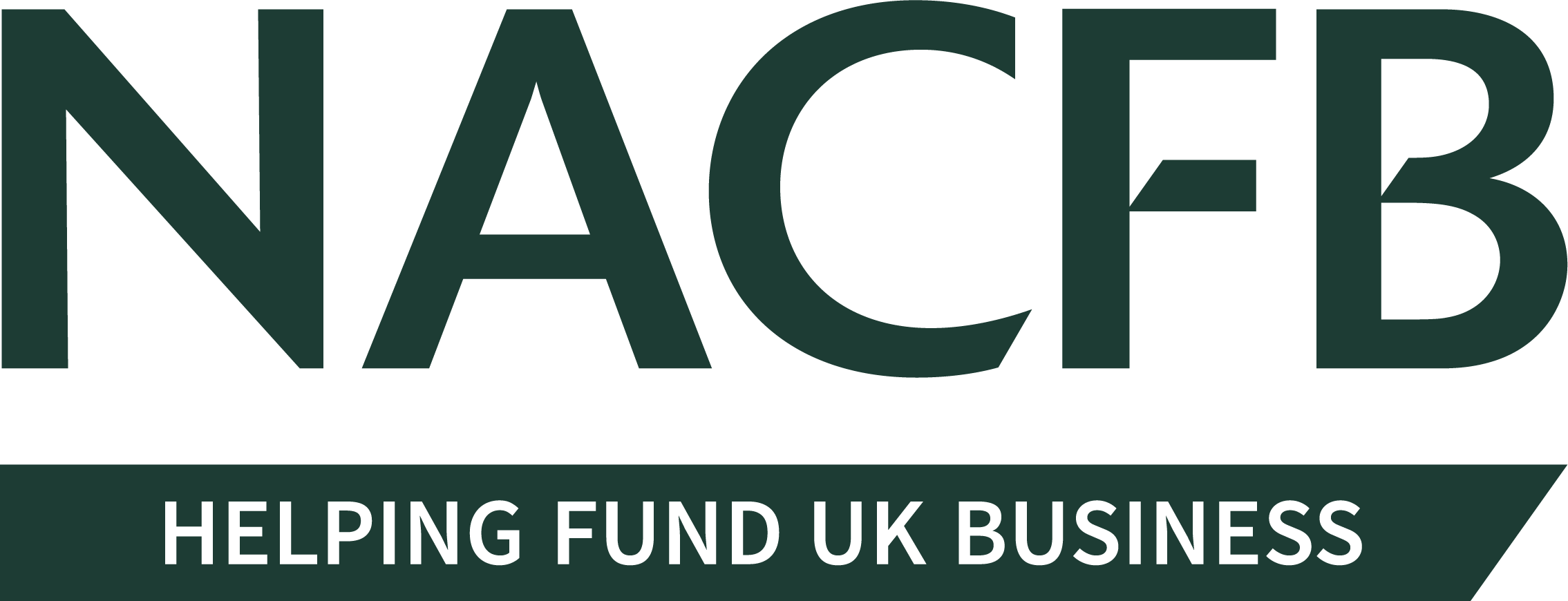At the request of both HM Treasury and the British Business Bank, the NACFB has shared a range of suggested measures to be considered ahead of the Government’s upcoming Budget.
Chancellor Rishi Sunak is set to unveil the Budget on Wednesday 3rd March. It will outline the next phase of the plan to tackle the coronavirus and protect jobs and will be published alongside the latest forecasts from the Office for Budget Responsibility (OBR).
A high-level overview of the Association’s proposals can be found below:
Enhance the BRS, with greater emphasis on the intermediary route to market
The Bank Referral Scheme (BRS) mandates high street banks refer rejected business borrowers to three funding aggregator platforms, which in turn refer applicants to an array of alternative lenders. By ensuring Banks can also refer customers to the intermediary market they can be assured of specialist support and wider market access.
Provide greater incentives for funders to lend in red flag sectors
Some lenders publicly state they are open to lend across all business sectors, in reality there are many ‘red flag’ sectors that they are unwilling to provide funding in. The NACFB calls for the government to work with the lending community in identifying ‘red flag’ sectors and incentivise finance activity in these areas.
Replace stamp duty with a more proportional property tax
The NACFB supports MP Kevin Hollinrake calls for stamp duty to be replaced with a more Proportional Property Tax (PPT) which would tax all homes at the same rate but based on up-to-date property values, providing a simpler, more transparent and fairer system of taxation.
Extend the furlough scheme with a tapered withdrawal
The Association believes the furlough scheme should be extended beyond the 31st April 2021 cut-off point. A blueprint for a tapered withdrawal of the scheme should be unveiled, with milestones tethered to the tiering system and not fixed dates.
Expand support for the 3 million excluded from the SEISS
The NACFB strongly supports measures to implement a new deal that would help up to three million people excluded from the UK government’s coronavirus support packages. Millions have been unable to claim grants under the Self Employment Income Support Scheme (SEISS). They include company directors, people who did not file a 2018-19 tax return, and those who earned more than £50,000 or less than half their income from self-employment.
Offer direct support for SMEs seeking to switch to online
Owing to alternate lockdowns, many traditional SMEs have been unable to switch to an online distribution of goods and services. Providing these businesses with free internet access, website management and e-commerce training and support would make them more sustainable in an uncertain future.
Deliver further incentives for electric vehicle fleet roll out
The government should increase the number of incentives and grants for business seeking to establish a fleet of electric cars and vans. By significantly lowering the upfront cost, business owners can also structure payments more efficiently through a range of leasing and hire-purchases options.
CT loss relief extension, as per last economic crisis
The Association is calling for timely relief for losses suffered by companies in the COVID pandemic period similar to that used in the past to keep more businesses afloat in an economic crisis. The Government should allow businesses to benefit from a three-year carry back of corporation tax losses arising during the pandemic.
Implement measures to enable frictionless cross-border trade
SMEs have shared how the Customs Handling of Import and Export Freight (CHIEF) system has increased the bureaucratic burden of exporting. The NACFB urges the government to consider alternative arrangements to establishing operations in EU to avoid trade disruption.
Simplify the tax system reporting burdens for businesses
The Association calls for efforts to improve the operation of both the PAYE system and the mechanics of the Corporation Tax return process. It is vital that future tax changes are built on a genuine understanding of business processes, particularly for SMEs.
Enable the SME Commissioner to fine late payers
It is more vital than ever for businesses to put measures in place to deal with the consequences of late payments. To aid their cause, the NACFB is calling for the SME Commissioner to be granted greater powers to be able to fine serial late payers.
Recommit to building at least one million new homes by 2025
COVID-19 has dealt a heavy blow to the government’s target of building one million new homes in the next five years. The government could address this by temporarily staggering Section 106 planning obligations – encouraging developers to complete housebuilding projects as soon as possible.
Increase the thresholds for business rate relief
The NACFB wishes to see a developing of the small business rates relief (SBRR) scheme. Currently, the scheme only serves SMEs whose property’s rateable value is less than £15,000. We would suggest this value is increased to provide support for a greater number of businesses.
State underwriting of higher-risk insurance books
A major impediment to the insurability of pandemic risk is the large potential loss accumulation many insurers face. The NACFB encourages the government to consider underwriting larger insurance books whilst urgently reviewing the collapsed Professional Indemnity Insurance market for business advisers.


